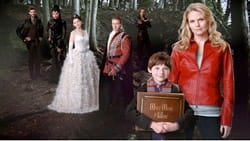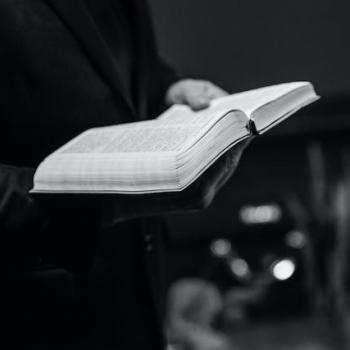"Fairy tales are more than true: not because they tell us that dragons exist, but because they tell us that dragons can be beaten."
-- G.K. Chesterton
 As The Lens' first anniversary rapidly approaches, I find that my "search for the sun amidst the bread and circuses" has turned up an unexpectedly encouraging fact:
As The Lens' first anniversary rapidly approaches, I find that my "search for the sun amidst the bread and circuses" has turned up an unexpectedly encouraging fact:
There's been a bit of a run on fairy tales.
Whether the industry is trying to apply a salve on tough economic times or simply exploiting a trend, you could even say we're having a bona fide fairy boomlet.
Catherine Hardwicke started things off last year, with Red Riding Hood, a "dark, revisionist re-imagining" of the traditional childhood fable. And the next year will feature the visually unmatched Tarsem Singh's Mirror, Mirror and up-and-comer Rupert Sander's Snow White and the Huntsman—dueling "twists" on perhaps the most famous fairy tale of all time. Even the TV networks are getting in on the act, with NBC's "Grimm" and ABC's "Once Upon a Time" leading the charge.
The quality of these pieces is open to debate. Red Riding Hood was a mess, Huntsman's first trailer sells it as an action flick, not a fairy tale; Singh's visually outlandish Mirror may not have a brain in its pretty little head; and "Grimm" is a bit too, er, grim for my tastes. Yet those hunting for silver linings in the glowering storm clouds of modern entertainment might find one in the way Hollywood's king-makers are embracing fairy tales and their thoroughly-unmodern vision of reality.
Take "Once Upon a Time". Created by Adam Horowitz and Edward Kitsis, key members of the team behind "Lost," the show inventively combines the fairy tale world with a contemporary setting, inter-cutting flashbacks of Storybook Lane (a Shrek-like realm where countless fantastical characters live side-by-side in (almost) harmony) with the present-day world of Storybrooke, Maine—a quaint little town whose citizens are trapped, frozen in time by the Evil Queen—arch-enemy of Snow White.
Not content to trap them in Maine, the Evil Queen (known around town as Regina Mills—the Mayor of Storybrooke) has deprived them of their memories, as well. The result is a town populated almost exclusively by people uncomfortable in their own skins; without pasts, they are unable to understand either themselves or their neighbors: Archie Hopper, the local therapist, guides a boy's conscience about lying and bemusedly wondering why he's so attached to his umbrella; Ruby, a rebellious young waitress who lives with her grandmother, loves red clothing and dresses provocatively enough to attract the unwanted attention of pub wolves. Tying it all together is a young lady, Emma Swan, whose arrival in Storybrooke revives the clock atop Town Hall—a landmark that has been frozen at 8:15 for as long as anyone can remember. This loosening of the spell's shackles foreshadows the unique role Emma will play in the town's efforts to rediscover its past and free itself from the Evil Queen's enchantments.
In the pilot episode, one character notes that fairy tales "are a way for us to deal with our world." And she's right: fairy stories help us "deal" with the world by telling us some vital things about reality and way humanity participates in it.
In "The Ethics of Elfland," the fourth chapter of his magnificent Orthodoxy, G.K. Chesterton offers an impassioned defense of the fairy tale and its role in our understanding of the world around us:





